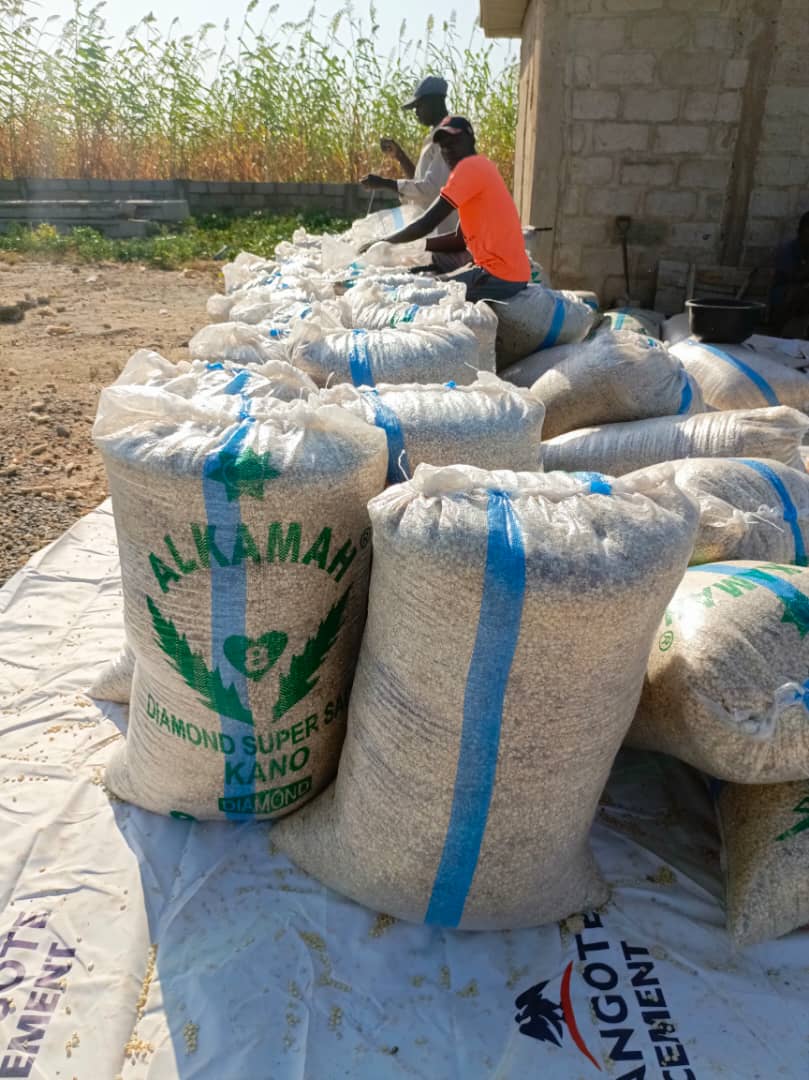Modern agriculture offers numerous benefits that have significantly transformed food production and rural economies. Here are some of the key advantages:
🌾 1. Increased Crop Yields
Use of high-yielding varieties (HYVs), genetically modified organisms (GMOs), and hybrid seeds boosts productivity.
Advanced irrigation systems and fertilizers help crops grow more effectively.
🚜 2. Efficient Use of Resources
Precision agriculture uses GPS, sensors, and data analytics to optimize water, fertilizer, and pesticide use, reducing waste and cost.
Drip irrigation and controlled-environment agriculture reduce water consumption.
🛠️ 3. Labor Efficiency
Mechanization (tractors, harvesters, planters) reduces manual labor, saving time and increasing consistency.
Automation and robotics are increasingly used for planting, weeding, and harvesting.
🧪 4. Improved Crop Protection
Integrated pest management (IPM) and modern pesticides help reduce crop loss from pests and diseases.
Biotechnology enables crops to resist pests, diseases, and extreme weather.
🍎 5. Food Security and Availability
Reliable production ensures a stable supply of food, helping to reduce hunger.
Enhanced shelf life and transport logistics improve food access worldwide.
🌍 6. Economic Growth
Supports rural economies by creating jobs in farming, processing, and distribution.
Increases income for farmers through higher productivity and access to global markets.
🧬 7. Innovation and Sustainability
Use of renewable energy (e.g., solar-powered irrigation) and sustainable practices is increasing.
Research into climate-resilient crops helps agriculture adapt to environmental challenges.
🌱 8. Environmental Benefits (when managed properly)
Conservation tillage and crop rotation can improve soil health.
Agroforestry and precision farming can reduce environmental impact compared to traditional methods.
